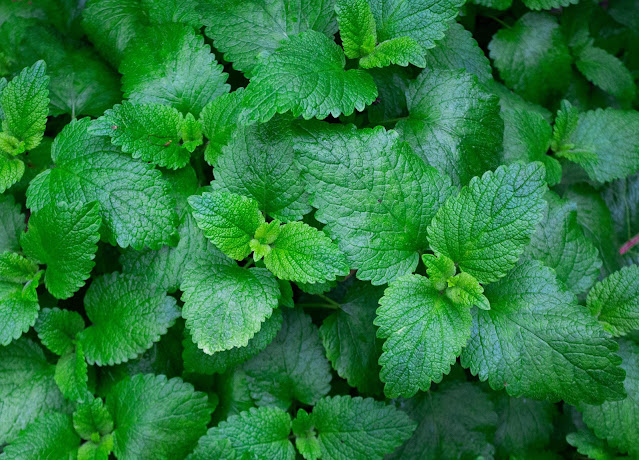The increased demand for natural and organic products globally during the pandemic has encouraged international producers of mint-based products to turn to India. The country produces 85% of the world's mint supply. Mane Kancor, one of the most prominent players in the global flavour and fragrance industry, is helping mint farmers in India to adopt more sustainable farming practices.
The initiative started when the company realised the farmers were shifting away from mint cultivation due to the ongoing increased cost of inputs. These include the high price of cultivation, reduced productivity, climate change and market fluctuations, explained Geemon Korah, CEO and director of the company.
The firm brought modern cultivation practices to mint farmers and supported the cultivation right from the nursery stage. "We introduced a technology called Early Mint Technology (EMT) with the help and guidance of scientists from CIMAP (Central Institute of Medicinal and Aromatic Plants)," Geemon said.
According to the research done by the company, EMT helps farmers increase their yield by 20%, reduce their cost of cultivation by 20% and the irrigation requirement by 25%.
"We are now closely working with CIMAP to provide the latest high-yielding and climate resistant planting material. CIMAP has developed the latest variety of the crop 'CIM UNNATI' which is claimed to increase the yield by 20%," Geemon added.
The company's agronomists trained around 7000 farmers on sustainable agricultural practices and prepared them for certification by a third-party auditor under the Farm Sustainable Assessment (FSA) programme and Sustainable Agriculture Initiative (SAI) platform to provide them access to better markets and better prices. All these farmers' fields are geo-tagged and geo-mapped with remote sensing and satellite imagery services to ensure traceability of the raw materials produced.
Lastly, at the field level, the company supports local steam distillation plants involved in the production of mint oil and improves the distillation efficiencies. It also provides direct market linkage to sustainable mint farmers through Minimum Support Price (MSP) fixed at the beginning of each season.
(Image from Unsplash)


إرسال تعليق